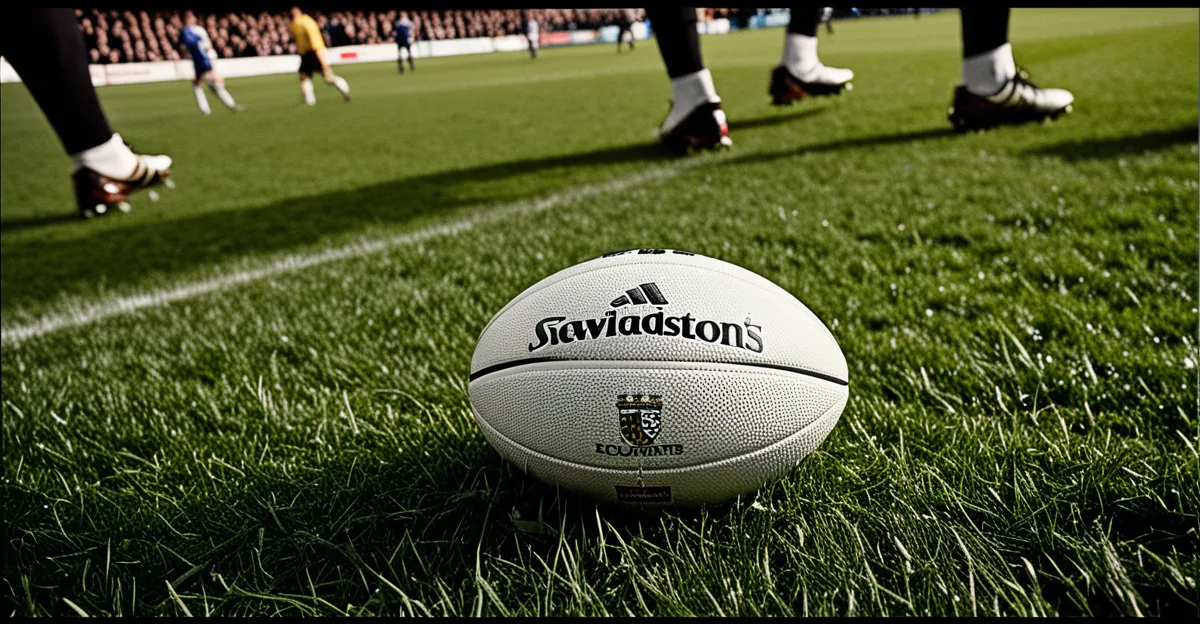Role of Traditional UK Sports in Shaping Communities
Traditional UK sports have played a pivotal role in community cohesion and shaping societal values throughout history. Sports like football, cricket, and rugby have long been embedded in local cultures, providing more than just entertainment—they act as vital social institutions that foster a sense of belonging among participants and spectators alike.
Historically, these sports originated within specific regions, often linked to working-class communities or rural areas. For instance, football clubs in industrial towns became focal points for community identity, where shared support transcended social class and economic differences. Cricket, deeply rooted in English village life, created seasonal rituals that brought communities together. Rugby held similar significance in Welsh and northern English communities, promoting local pride and unity.
Also read : How Do UK Sports Facilities Promote Accessibility for All?
As these traditional sports evolved, their role extended beyond competition. They became essential venues for social interaction and collective experiences, strengthening social bonds. The structure of local sporting clubs and matches served as platforms where social networks flourished, contributing to increased solidarity and mutual support within neighborhoods.
Beyond the historical context, traditional UK sports continue to promote sports and society interaction by offering inclusive opportunities for participation and volunteerism. This ongoing involvement enhances social impact by developing communal identities and encouraging cooperation. Through these enduring traditions, sports remain foundational to community life, exemplifying how athletic activities can unite individuals and nurture shared cultural heritage.
In parallel : How Can Engaging in UK Sports Impact Mental Health?
Case Studies: Community Initiatives Through Traditional Sports
Traditional UK sports have consistently served as community anchors, especially through local football and cricket clubs. These clubs go beyond athletic competition, acting as focal points where residents gather, socialize, and strengthen ties. For example, grassroots football clubs often organize community events and outreach programs that foster social integration among diverse local populations. Similarly, cricket teams in rural and urban areas create spaces where generations connect, reinforcing a shared identity rooted in tradition.
Rugby offers another compelling example of sport shaping local identity. In many Welsh and northern English communities, rugby clubs are emblematic of regional pride, providing a platform where cultural heritage and sportsmanship intersect. These clubs frequently engage in initiatives targeting youth, thereby promoting positive social outcomes such as teamwork, discipline, and a sense of belonging. Youth engagement in traditional sports also plays a crucial role in reducing antisocial behaviour and bolstering community morale.
Importantly, these community sports initiatives demonstrate how traditional UK sports function as more than recreational activities. They form social institutions that encourage inclusivity and cooperation, directly contributing to social cohesion. Through sustained participation and volunteerism, local clubs foster networks of support that enhance the social impact of sport on communal wellbeing.
Research Findings on Social Interaction and Wellbeing
Research on sports consistently highlights the strong link between sports participation and enhanced social cohesion in communities. Studies show that engaging in traditional UK sports boosts social interaction, enabling individuals to build trust and mutual support within their neighborhoods. For instance, analysis of football clubs and cricket teams reveals that these grassroots activities create repeated opportunities for social contact, which is essential for forming lasting social bonds.
Statistical data further supports this relationship. Communities with higher rates of sports involvement report significantly better outcomes in terms of community engagement and feelings of belonging. Research quantifies this by demonstrating that individuals involved in team sports experience lower levels of social isolation and are more likely to participate in other community events, thereby amplifying the social impact of their involvement.
Moreover, the benefits extend beyond social factors to include mental health and overall wellbeing. Participation in traditional UK sports reduces stress, combats depression, and improves mood, contributing to stronger community resilience. These positive effects are often amplified by the communal nature of the activity, where shared goals and teamwork foster emotional support networks. Overall, current research validates the vital role that sports and society play in promoting healthier, more connected communities.









